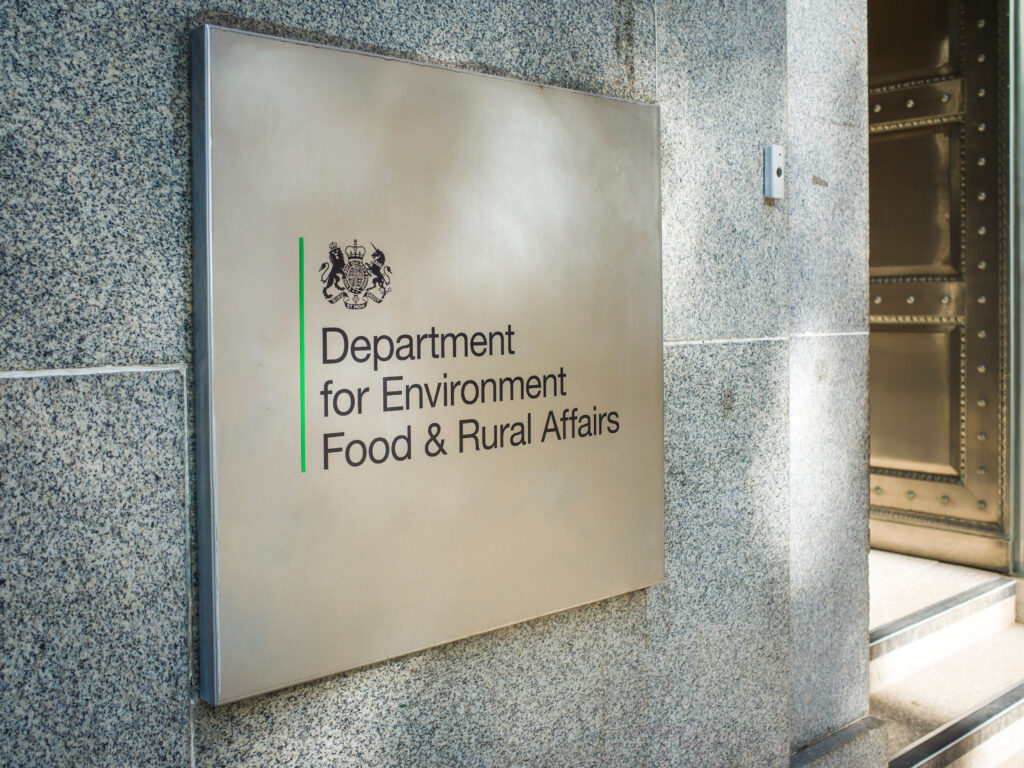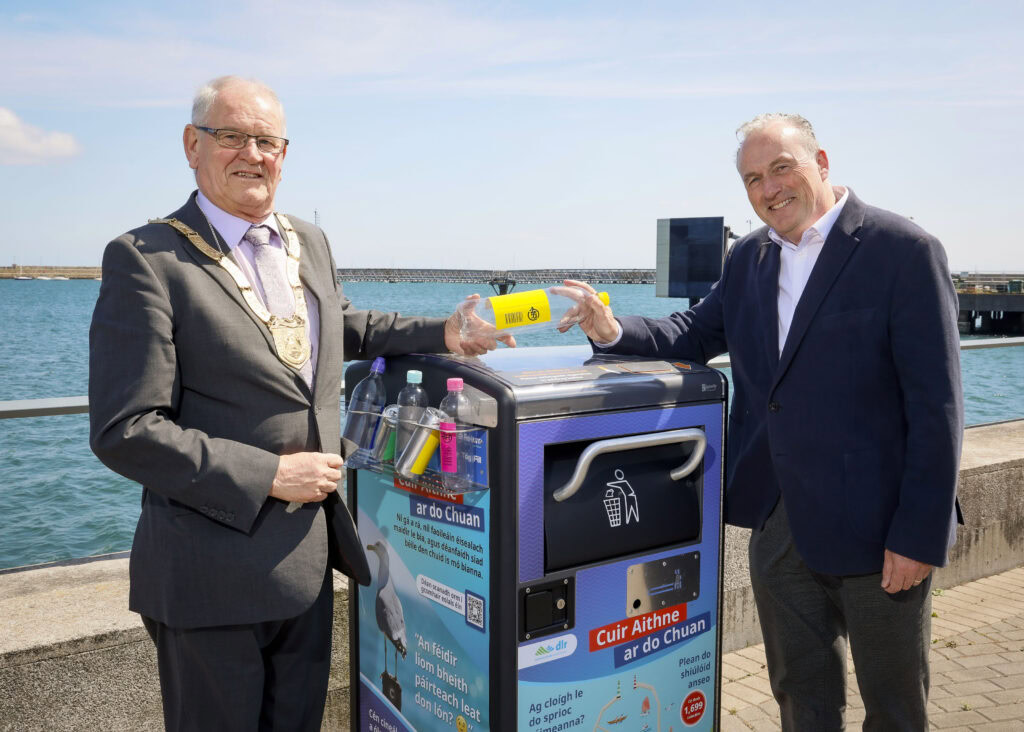On the day that Defra's consultation on draft guidance for potential pilot incentive schemes closes, the CRR has suggested that residents might try to place their waste in recycling bins to avoid paying the charges that would be levied on them for not recycling under an incentive scheme.
Mal Williams, the chair of the CRR and chief executive of Welsh community recycling network Cylch, said: “Defra is rightly concerned about flytipping of rubbish as a consequence of householder incentive schemes.
“But it is not looking into one of the most likely locations for that flytipping, namely at the bottom of the commingled wheelie bin, under the recyclables.
“Even a small minority of householders dumping this way could easily negate local authority efforts toward material quality,” he added.
The CRR cited a study published earlier this year by the Waste & Resources Action Programme (WRAP), based on research undertaken by Resourcefutures, which indicated that some MRFs already take in an average of 14% non-targeted materials via single-stream, commingled collections.
And, Brian Head of Berryman Glass, a CRR member, explained that his company's past experience in a similar situation had led to contamination issues.
“Financial incentives to encourage recycling will help increase capture rates,” he acknowledged. “But collection systems where kerbside operatives are unable to operate any form of quality control prior to loading materials onto the vehicle will surely collect more rubbish.
“We had to abandon a similar free glass collection from commercial premises for the same reasons; contamination from the expensive rubbish bin. Combining household incentives with commingled collections is simply asking for trouble, doubly so if compaction is also involved,” he added.
Criticism
The plans for incentive schemes have already been dealt a blow this week, when waste and recycling minister Joan Ruddock admitted that no councils had yet come forward with a formal expression of interest to operate one of the five pilot incentive schemes (see letsrecycle.com story).
And, the draft guidance itself has also faced criticism, with the Local Authority Recycling Advisory Committee, LARAC, questioning the effect that the document's definition of ' a good recycling service' could have on collection choices made by local authorities (see letsrecycle.com story).
However, there is still likely to be plenty of time for councils to express an interest in operating one of the pilot schemes, with the deadline for final applications set to be eight weeks after the Climate Change Bill, which includes the power to establish the pilot schemes, receives Royal Assent.
With parliament now on summer recess, that assent cannot be granted until October at the earliest.










Subscribe for free